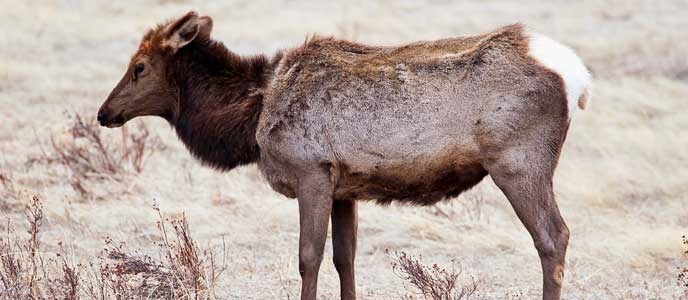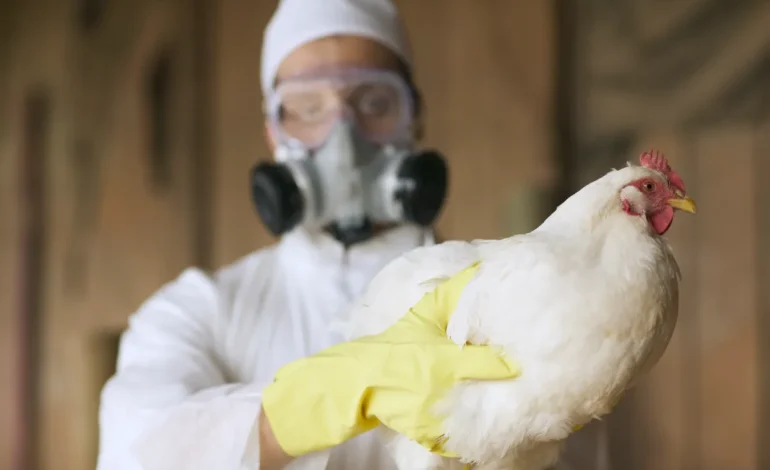The recent death of a house cat in Oregon and a related pet food recall have heightened concerns about the spread of bird flu and its risks to pets, ABC News reports.
Here’s what pet owners need to know to keep their furry friends safe.
Bird flu, caused by the H5N1 virus, has been circulating in wild birds, chickens, turkeys, and other animals for years. The virus, which first affected US dairy cattle in March, can spread through raw or unpasteurized food products, posing risks to animals and humans.
In rare cases, bird flu has caused mild illnesses in humans, primarily among those working with poultry or dairy farms. To control outbreaks, entire flocks are culled when infections are detected.
Cats appear to be particularly vulnerable to bird flu. Since March, dozens of feline cases have been reported, including domestic pets, barn cats, and big cats in zoos. Oregon health officials linked the illness of the house cat to frozen raw turkey pet food, which later tested positive for the virus.
Cats sickened by bird flu may display symptoms such as:
- Loss of appetite
- Lethargy
- Fever
- Inflamed or discharging eyes and nose
- Breathing difficulties
- Tremors or seizures
Pet owners should monitor for unusual behavior, such as increased sleeping or hiding, and consult a veterinarian if symptoms arise.
Dr. Michael Q. Bailey, president-elect of the American Veterinary Medical Association, emphasizes that feeding raw meat or unpasteurized dairy products to pets can be hazardous. These items can carry the virus and other harmful pathogens. Cooking meat and pasteurizing milk effectively destroy the virus.
Here are steps to protect your pets:
- Avoid raw or unpasteurized foods: Only feed pets thoroughly cooked meals.
- Limit outdoor roaming: Cats should not wander freely, as they are natural hunters and could come into contact with infected birds.
- Keep pets away from wildlife and poultry: Prevent interactions with wild birds, livestock, and poultry to reduce exposure risk.
- Practice good hygiene: Wash hands thoroughly after handling animals or poultry.
Dogs seem to be less susceptible than cats but should also avoid raw or unpasteurized foods.
Northwest Naturals, a Portland-based pet food company, has voluntarily recalled a batch of its 2-pound Feline Turkey Recipe raw frozen pet food after tests detected bird flu. The affected product was distributed across several US states and parts of Canada and has “best if used by” dates of May 21, 2026, and June 23, 2026. Consumers should dispose of the recalled food and contact the retailer for a refund.









